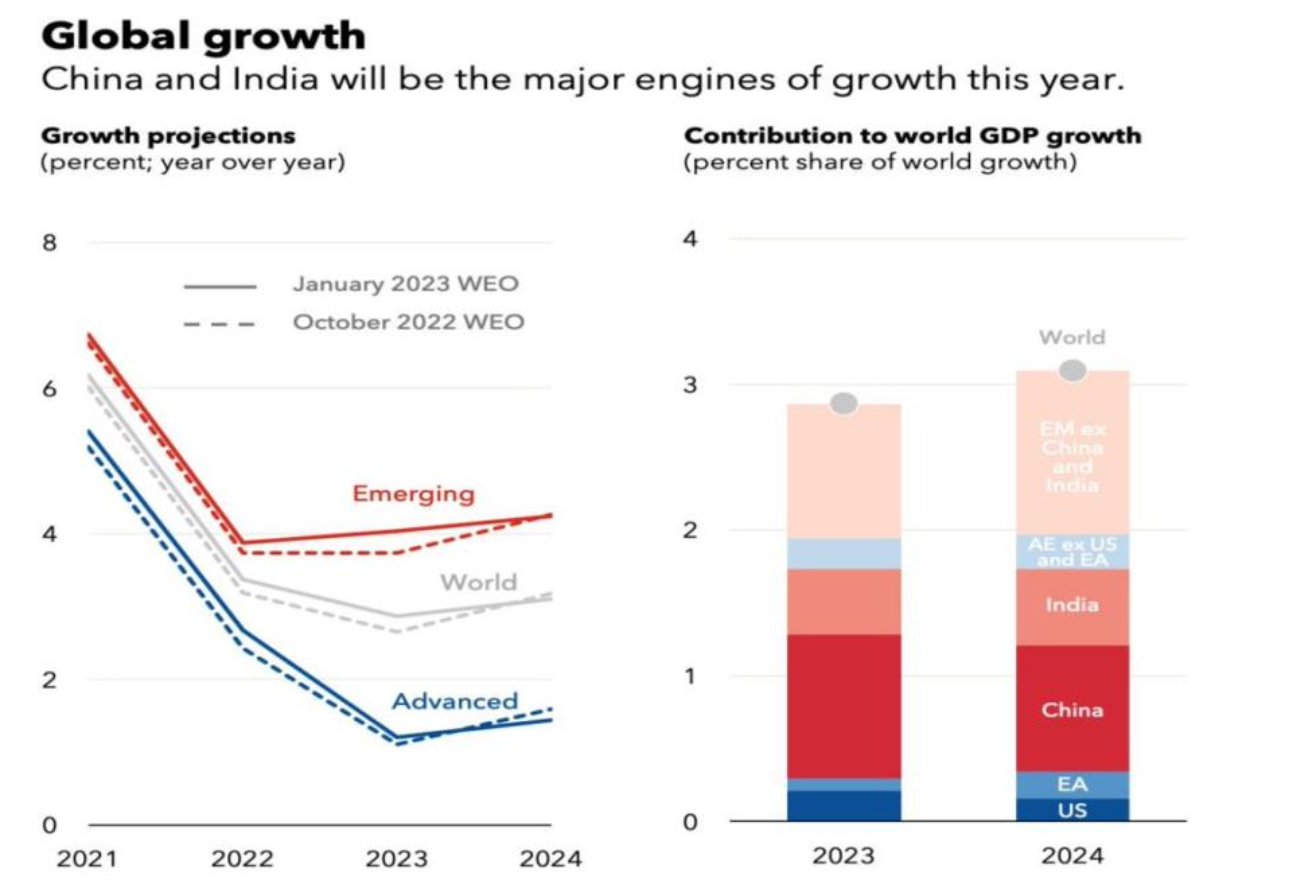Adapting Resilience In a Down Turning Economy
Many people may react with a flow of intense feelings and a sense of uncertainty as unemployment rates rise and the media keeps wittering on the bad economic situation. Yet, people typically adjust to difficult situations and life-changing events well over time.
At first, you can experience cycles of rage, grief, and panic. A easy entry step is simply becoming conscious of your body's sensations and letting them to pass through you.
Accordingly, Global growth will slow from 3.4 percent in 2022 to 2.9 percent in 2023
What enables some people to "recover quickly" while others feel overwhelmed even after this? Resilience is vital in these high-stress times since it entails the capacity to adapt well in the face of difficulty. Being resilient is an acquired ability that can help you get through the current crisis as well as any potential future issues with your relationships, family, or job.
Recognize that change is a natural aspect of life. The economic crisis may require you to adapt your lifestyle or your aspirations. Focusing on the events that you can change will be made easier by accepting the events that cannot be changed.
Allowing yourself to feel and grieve your losses does not mean acting out your feelings; rather, it necessitates paying attention to the inner feelings that arise in reaction to loss. Losing your source of income and other possessions is difficult and drains you emotionally.
Have an optimistic attitude; nothing can erase what has already occurred. But by having resilience, you can change how you see things and how you react to them.
Identify your resources and capabilities focus on your assets and skills and concentrate on using them to find some answers.


